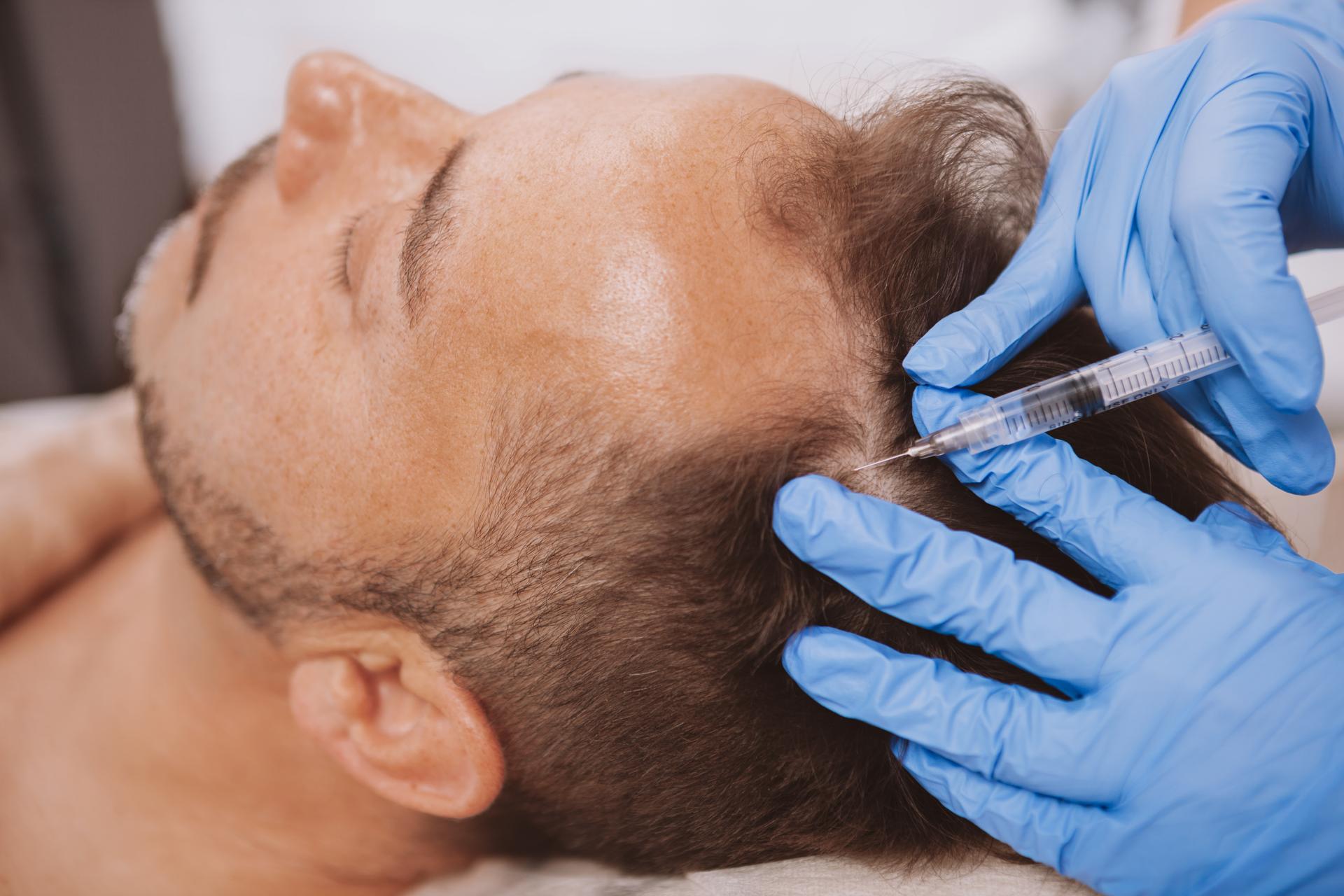You might avoid taking a late-night shower because you don’t want to blowdry your hair before you sleep. After all, growing up, we’ve been told that you will catch a cold if you sleep with wet hair.
While you may not catch a cold sleeping with wet hair, there are other risks involved. Underlined below are some risks of sleeping with a wet head and what you can do about it.
Risks of Sleeping with Wet Hair
In reality, compared to what you have heard for years, there’s not much risk associated with going to sleep with wet hair. These risks include hair breakage, getting fungal infections, and getting sick.
Let us look into each of these possibilities in detail.
1. Hair Breakage
A very important effect of sleeping with wet hair is that it breaks your hair. This is because hair is at its weakest when it is wet. So if you go to sleep with wet hair, you increase the chances of breaking it while you twist and turn in your sleep.
2. Fungal Infections
Another risk you face if you sleep with wet hair is developing fungal infections of the scalp, such as dandruff or dermatitis. Also, remember that wet pillows and pillowcases can serve as a hotbed for fungus as they thrive in warm conditions and find it an ideal breeding ground.
These fungi also included a common species of fungus called Aspergillus fumigatus, often found responsible for worsening asthmas symptoms and causing severe infections in individuals with compromised immune systems.
What to Do If I Have to Sleep with Wet Hair
It’s not always possible to dry your hair before you sleep. Here are some tips to make your sleep safer with wet hair.
1. Apply Coconut Oil to Your Hair
Scientific evidence tells us coconut oil can protect wet hair from breakage. Remember that hair cuticles are made of flaps similar to roof shingles, and when wet, your hair soaks up water and swells, making them rather straight and in an erect position which makes them more prone to damage.
Applying coconut oil to your hair reduces the amount of water that’s absorbed and makes it less prone to damage. However, don’t apply coconut oil to your hair if you already have some preexisting conditions like seborrheic eczema, as it will worsen the condition.
2. Use Conditioner
Conditioner helps reduce friction, seals the hair cuticle, and easily detangles hair. Chemically treated or bleached hair can also benefit greatly from regular conditioning.
3. Detangle and Dry Your Hair Hair as Much as You Can
If possible, get into the shower a few minutes earlier or spend a few minutes blowdrying your hair. Also, remember to gently detangle your hair before sleeping to minimize damage.
4. Use a Silk Pillow
A silk pillow provides your hair with a frictionless surface that will reduce your hair damage while you sleep.
Try to sleep with completely dry hair to minimize any chances of hair damage and fungal infections. Sleeping with wet hair could also result in your hair getting more tangled than usual.
In short, going to sleep with wet hair can indeed be bad for you, especially if you are looking forward to having healthy and luscious hair for years to come. If you have to sleep with wet hair, you can reduce the chances of friction and hair damage by following the tips given here and tweaking your bathing and bedtime routine accordingly.
Conclusion
However, if you are experiencing extreme hair loss despite taking good care of your hair and are looking for a hair transplant doctor in NJ, Dr. Emil Shakov of New Jersey Hair Restoration Clinic can help you.
We are a renowned hair restoration clinic in New Jersey with a team of expert hair restoration doctors who can help you regain your lost hair and confidence. Just give us a call, and our staff will be happy to help you.


